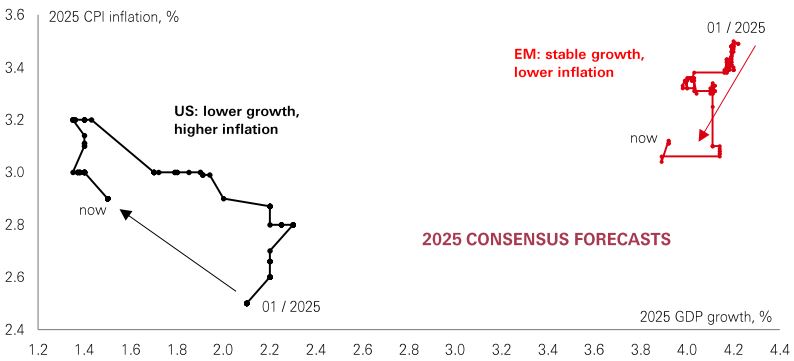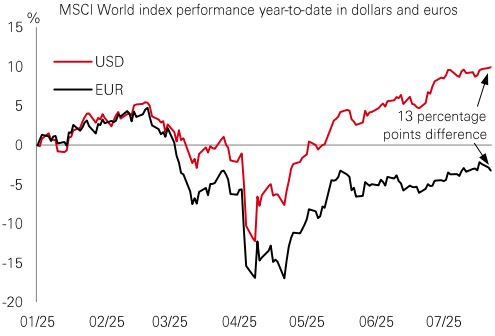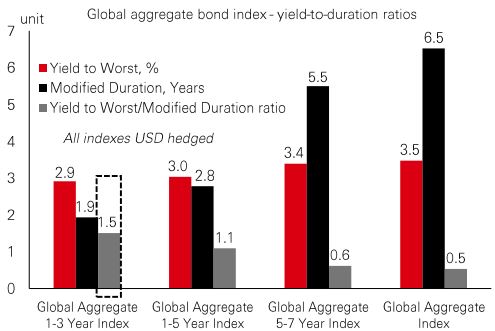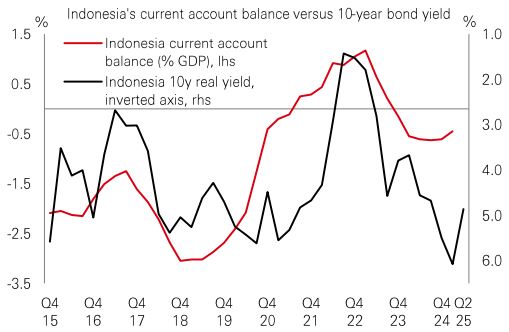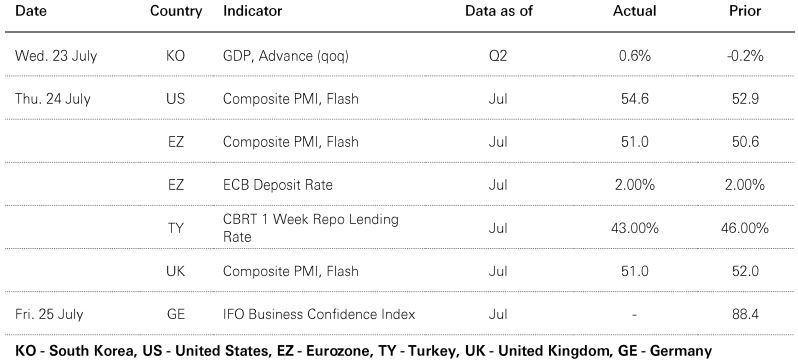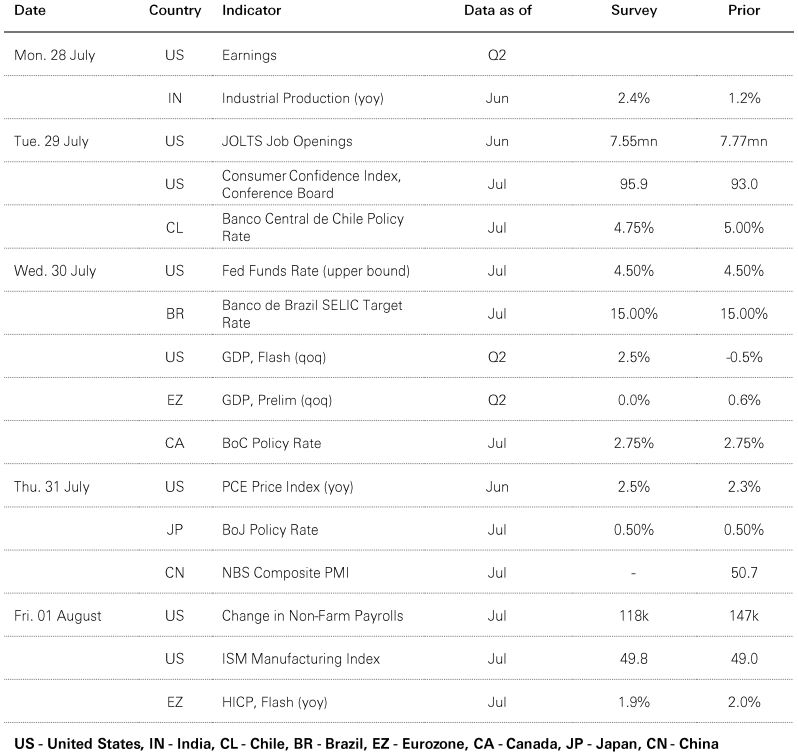New safety measure for Android device
Beware of apps from sources other than your phone’s official app stores which may contain malware. From 06 Nov 2024, new safety measure in the Android version of the HSBC mobile App will be launched to protect you from malware. Learn more.
This is unsupported browser notification banner that is being show to users that visit the site with older IE browsers. Link to download newer version of IE.


